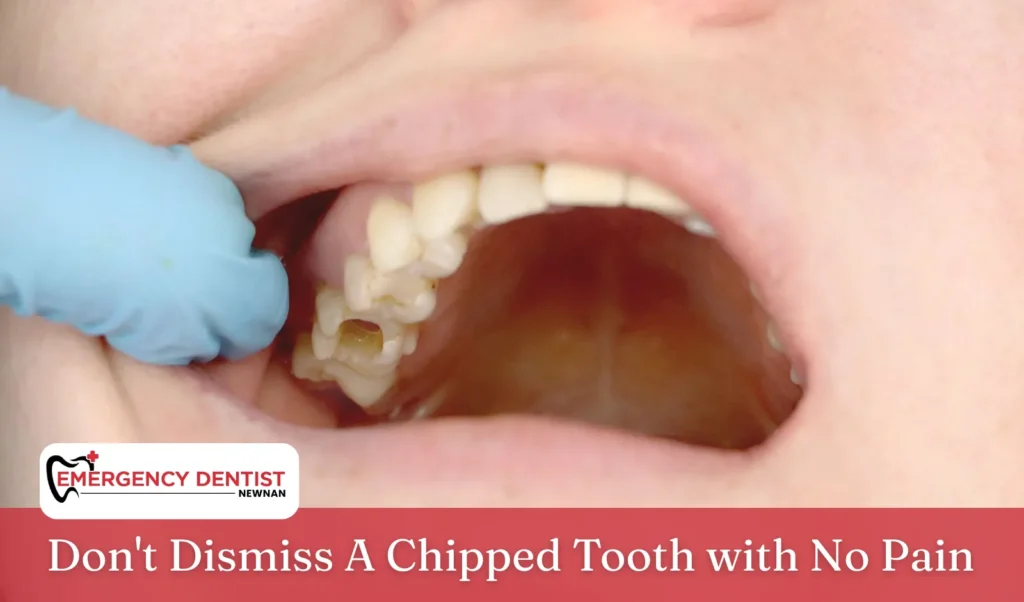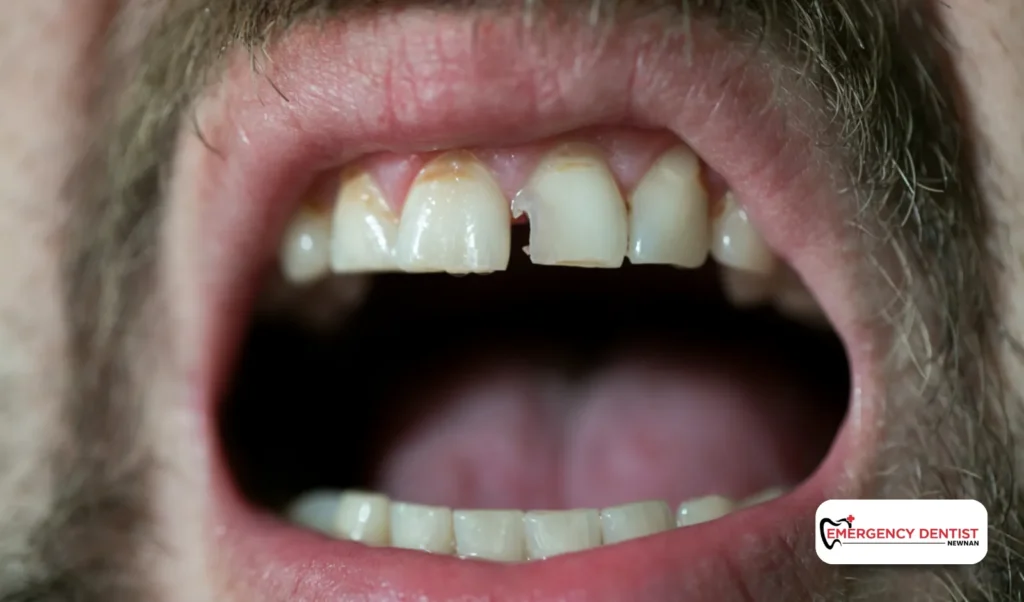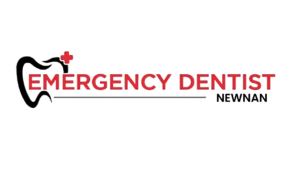Don't Dismiss a Chipped Tooth with No Pain

If you’ve recently noticed a chipped tooth but no pain, it may be tempting to dismiss it as a minor issue. Perhaps you were chewing on something hard, or your wisdom tooth chipped off with no pain while you were asleep. The absence of discomfort often leads people to assume that professional care is unnecessary. However, this assumption can be misleading.
Even when you have a chipped back tooth no pain or a chipped molar tooth no pain, the integrity of your tooth may be compromised. A chipped tooth with no pain can still result in serious oral health complications such as tooth decay, infection, or even complete tooth loss, especially if left untreated.
Why a Chipped Tooth Might Not Hurt
Many patients visiting Emergency Dentist in Newnan often ask, “My tooth is chipped but I feel no pain, do I still need to see a dentist?” The answer is a resounding yes.
To understand why, it’s important to recognize the structure of the tooth. The enamel, which forms the outer surface of the tooth, is incredibly hard but contains no nerves. As a result, a slightly chipped tooth no pain or a tooth chipped while flossing no pain may not produce any noticeable symptoms. Pain usually develops only after the chip or crack reaches deeper layers, such as the dentin or pulp, where the nerves and blood vessels reside.
Examples of seemingly harmless yet concerning cases include:
- Chipped wisdom tooth no pain
- Small chip in front tooth no pain
- Tooth chipped at gum line no pain
- Back tooth chipped off no pain
While these may not seem urgent, any damage to the tooth enamel should be addressed promptly to avoid more significant problems.
Common Causes of a Chipped Tooth with No Pain

There are a variety of everyday activities that can lead to chipped teeth with no pain, including:
- Chewing hard items like ice, hard candy, or popcorn kernels
- Underlying tooth decay weakening the enamel
- Grinding your teeth at night (bruxism)
- Using your teeth as tools to open packages
- Minor trauma or sports injuries
Even a small chipped tooth with no pain or a chip in tooth no pain can expose the inner structures of the tooth to bacteria, increasing the risk of infection and tooth decay. Chipping a tooth, whether minor or major, should never be ignored, even if no pain is felt.
Why Dental Treatment is Still Essential
Failing to treat a chipped tooth with no pain can result in progressive dental issues. For example, a chipped front tooth no pain or a chipped tooth no pain molar can lead to:
- Deep fractures requiring root canal therapy
- Infections that affect the pulp or surrounding bone
- Complete tooth loss, sometimes requiring dental implants
- The spread of decay to adjacent teeth and gums
- Damage to soft tissues from sharp edges on the chipped tooth
Even when a tooth chipped at the gum line no pain seems stable, it creates a structural weakness in the enamel that can worsen due to daily chewing or grinding your teeth.
What to Do at Home Until You See a Dentist
If you’ve chipped a tooth but no pain is present, consider these temporary at-home steps until you can see an Emergency Dentist in Newnan:
- Rinse your mouth with warm salt water to reduce bacteria
- Avoid chewing on the affected side
- Cover any sharp or jagged edges with sugar-free gum or dental wax
- Use over-the-counter pain relief if mild sensitivity develops
While these measures can offer temporary relief, they do not substitute professional treatment.
Treatment Options for a Chipped Tooth with No Pain
After evaluating the extent of damage, your dentist may recommend one of the following treatment options to restore the tooth:
- Dental bonding – Ideal for a small chipped tooth no pain, particularly in the front teeth. This involves applying a tooth-colored resin to fill and reshape the chipped area.
- Dental fillings – Typically used for chips on molars or back teeth that require functional repair.
- Dental crowns – Suitable for larger chips or weakened teeth. A dental crown protects and reinforces the entire tooth.
- Root canal therapy – Required when the inner pulp is exposed or infected.
- Dental implants – Recommended when a tooth is beyond repair and must be extracted.
Seeking timely treatment ensures that more conservative and cost-effective options remain available. Delaying care for a chipped tooth but no pain could lead to more extensive procedures down the line.
What Not to Do
If you’re dealing with a chipped wisdom tooth no pain, back tooth chipped no pain, or tooth chipping away no pain, here’s what you should avoid:
- Do not attempt to repair the damage using glue or adhesives
- Do not chew hard or sticky foods on the affected side
- Do not delay your dental visit simply because there’s no pain
- Do not ignore new symptoms like increased sensitivity or bite misalignment
Even a chipped tooth but no pain situation can worsen into a broken wisdom tooth or significant dental issues if left untreated.
When to See an Emergency Dentist in Newnan
You should visit an Emergency Dentist in Newnan if:
- The chipped area feels sharp or jagged
- The chip appears to be increasing in size
- The tooth begins to show signs of discoloration or sensitivity
- You experience difficulty cleaning the area or discomfort while eating
- You notice part of the tooth chipped off no pain and the structure seems unstable
Early intervention from a qualified emergency dentist can prevent severe complications and preserve your natural tooth.
Don’t Let a Chipped Tooth with No Pain Fool You
A chipped tooth with no pain may appear to be a minor concern, but it can signal deeper dental issues that develop silently over time. Whether you’re dealing with a chipped tooth but no pain, a chipped tooth no pain molar, or you’re simply unsure about “chipped tooth no pain what to do,” the best course of action is to seek professional care.
Reach out to a trusted Emergency Dentist in Newnan, who can evaluate your condition and offer treatment options such as dental bonding, dental crowns, or a dental filling to restore the tooth and protect your oral health. Addressing the issue early can help you avoid costly procedures and preserve your smile for years to come.



